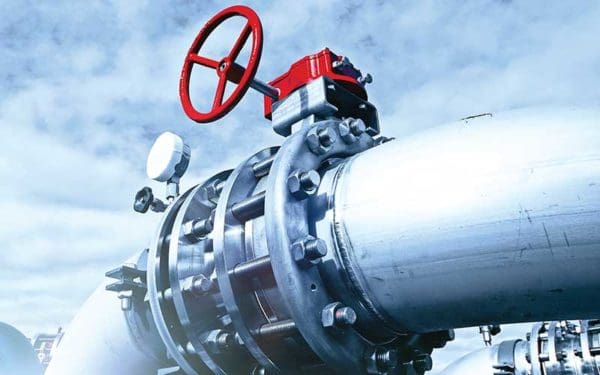Rhode Island Is Sending Valuable Food Waste to a Landfill
Rescuing and diverting more of Rhode Island’s food waste could help cut climate-damaging emissions while urgently addressing food insecurity within the state.
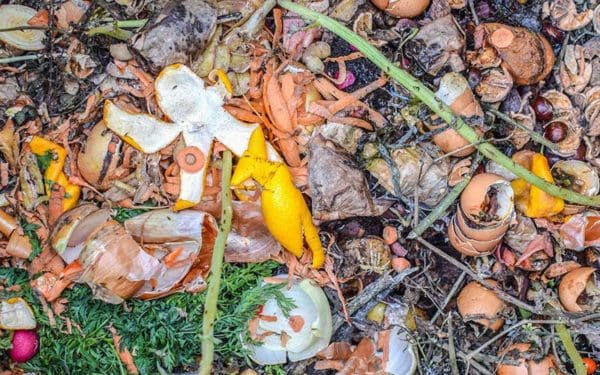
Rescuing and diverting more of Rhode Island’s food waste could help cut climate-damaging emissions while urgently addressing food insecurity within the state.

Amid a raging pandemic, one that is hitting Black and Brown communities particularly hard, already-vulnerable communities find themselves even more threatened by the possibility of a significant storm hitting Massachusetts. That makes it more imperative than ever that we plan now for the storm season still to come.
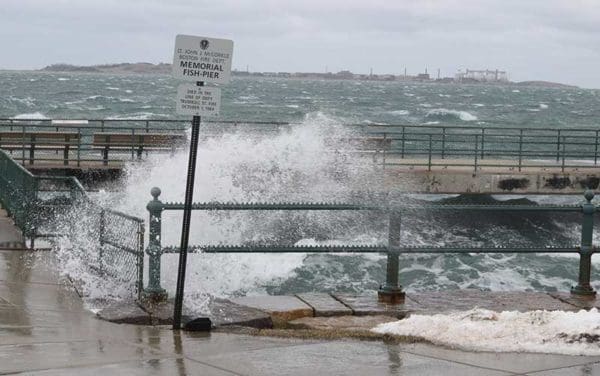
“The science is clear: we only have a few years to avert a climate disaster and protect the marginalized communities that are bearing the brunt of its devastating impacts,” said Caitlin Peale Sloan, Acting Massachusetts State Director at CLF. “It is now for the House and Senate to move together, with urgency, to pass this historic legislation. Only then can we hold the Commonwealth accountable for slashing climate-damaging emissions and giving residents a say in what happens in their own communities.”
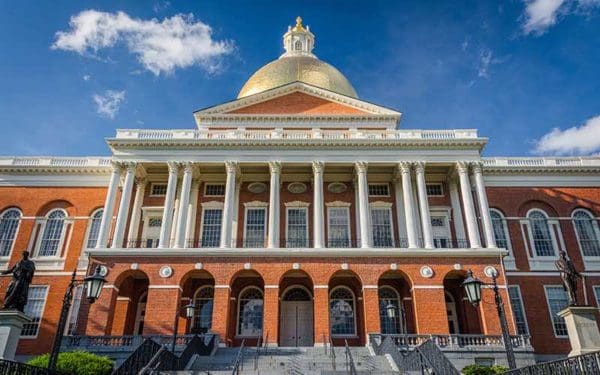
“Big oil has known about the risks of the climate crisis for decades, and their silence and inaction speak volumes,” said Brad Campbell, President of CLF. “The communities surrounding these terminals are constantly at risk of being inundated with a stew of oil and toxic materials. It’s long past time for these companies to step up and prepare their facilities for flooding and extreme weather. The courts must hold them accountable under current law to avoid catastrophe.”
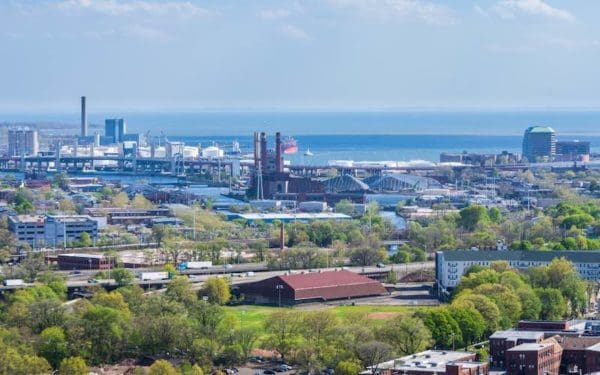
“At the time, we understood this was a measure to protect public health. But as more information came out, it’s now clear that reusable bags are not a cause for concern, from a public health perspective.”
In times of change and upheaval, there is also room for hope and inspiration. While we collectively have much hard work ahead of us, we also have much to commend. Our hope is that this report offers insight into the work that your support makes possible – and inspiration for what we know we can accomplish together.
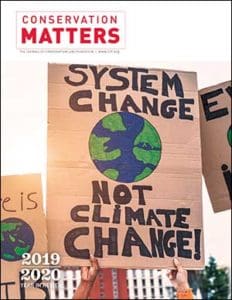
This Field Guide describes how the partners in the Healthy Neighborhoods Study do research in 9 communities in Greater Metropolitan Boston. The project uses the Participatory Action Research (PAR) approach, which is grounded in the idea that the people who are most impacted by a problem are in the best position to understand and solve that problem. After years of research together, we wrote this guide for other communities interested in Participatory Action Research.
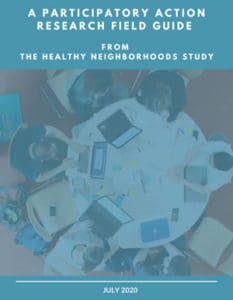
Humans have been producing trash for generations. But how we dispose of it hasn’t improved in ages. By implementing zero-waste policies, we can begin to redesign our waste systems and produce less trash – while also protecting our environment and our communities.
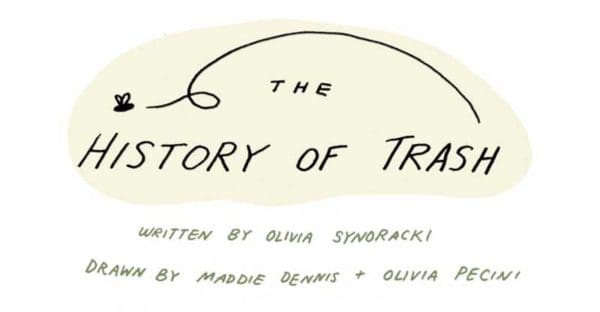
East Boston residents overwhelmingly oppose a proposal to build a massive electrical substation in their neighborhood. In a case highlighting issues of language justice, many residents have been unable to participate fully in public proceedings because of inadequate translation services. CLF and our partners have filed a formal complaint to hold officials accountable.
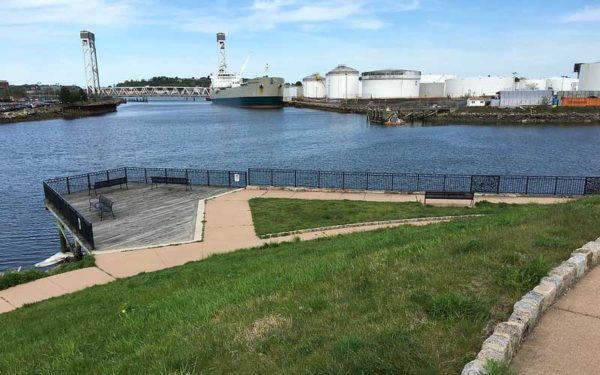
“Once again, President Trump is sacrificing the public good at the altar of the fossil fuel industry, pretending to sit on a throne rather than executing the laws as written by Congress,” said CLF President Bradley Campbell. “Instead of expediting worthy projects, Trump’s overreach and disregard of the law will mean more lawsuits and greater distrust of agency actions, while eliminating what is often the only avenue for the public to understand, help shape, or oppose ill-advised projects that put their health and their communities at risk.”
